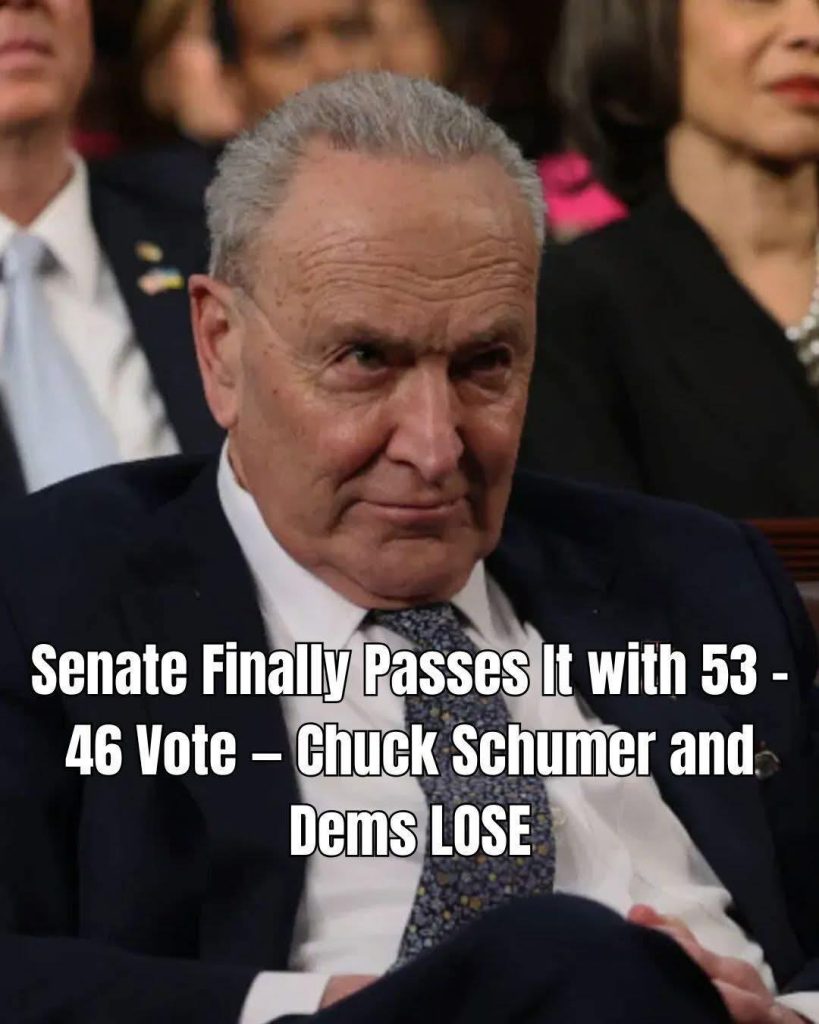The U.S. Senate has confirmed Anne-Leigh Gaylord Moe as a U.S. District Judge for the Middle District of Florida in a narrow 53–46 vote—another reminder of how judicial appointments continue shaping the country long after a presidency ends. Her confirmation adds to the conservative imprint left by former President Donald Trump on the federal courts.
Judge Moe brings more than twenty years of legal experience. She has served on Florida’s Second District Court of Appeal since 2022 and spent nearly a decade as a circuit judge in Hillsborough County’s Thirteenth Judicial Circuit.
Before her judicial career, she worked as an Assistant State Attorney in Tampa, building a reputation for handling serious criminal cases with firmness and attention to victims’ rights. Her professional path reflects a strong focus on accountability and public safety.
Republican lawmakers welcomed her confirmation, describing her as a disciplined jurist. Senator Lindsey Graham praised her commitment to applying the law as written—a traditionalist approach that seeks clarity from the text rather than from shifting political winds.
Democrats voiced concerns about her conservative leanings, particularly her alignment with Trump-era positions on crime and immigration. They cautioned that such a philosophy could influence how she approaches civil rights and constitutional challenges.
Yet beyond the partisan debate, Moe’s confirmation underscores a broader reality: judicial appointments outlast elections. Judges often serve for decades, and their decisions quietly shape the moral and legal frameworks in which society functions.
The Middle District of Florida—covering Tampa, Orlando, and Jacksonville—is one of the nation’s busiest federal courts. Cases involving immigration, constitutional protections, and social justice regularly pass through it, making her rulings influential far beyond the courtroom.
With this appointment, Judge Moe joins a generation of federal judges whose work will help define legal precedent for years to come. And like every judge entrusted with authority, her courtroom becomes a space where the country’s deeper questions—about rights, responsibility, and the limits of power—continue to unfold under the quiet watch of a higher justice that no bench, ideology, or office can fully contain.


